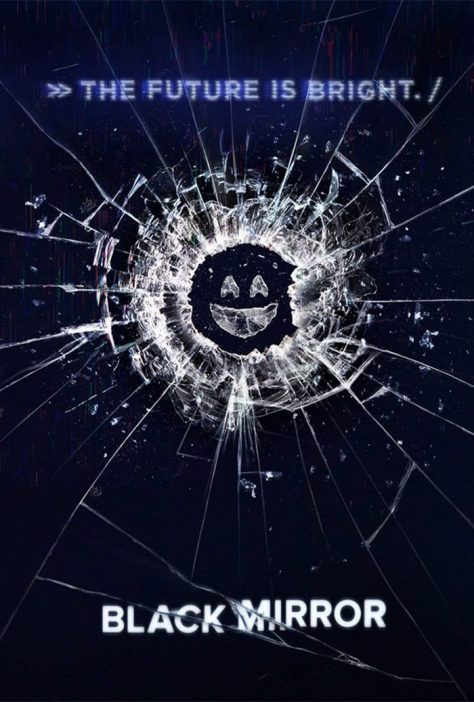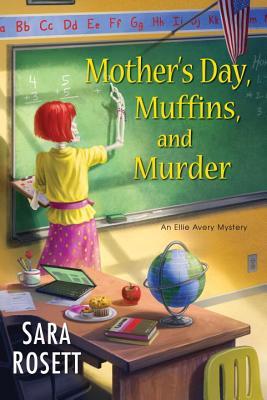“Black Mirror” (2011) remains the best science fiction show on television; I’d rate the six-episode third season a perfect 10. The show continues to succeed at every level with its story concepts and their execution. And I think it’s actually getting better.
It’s getting darker and harder hitting, too. I’d guess that this season’s blackmailing-hackers episode (“Shut Up and Dance”) would be the one that the majority of viewers find the most disturbing. For some reason, the man-vs.-monster story of “Men Against Fire” is the one that really got under my skin.
I was surprised to learn that nearly all of “Black Mirror’s” episodes are penned by series creator Charlie Brooker. I’m still surprised at how many clever ideas and lean, smart scripts could spring from one writer. I was so impressed that I looked Brooker up on Wikipedia — but was surprised to discover I’m unfamiliar with nearly all of his other work. The one exception is “Dead Set” (2008) — the truly fantastic British zombie horror miniseries that I’ve been recommending to friends for ages. That makes sense.
Anyway, I am fully and happily converted to “Black Mirror’s” cult following, and I enthusiastically recommend it to people who ask about it. (The show’s popularity is still growing — I believe it appeals to the same kind of fans as those who flocked to the various iterations of “The Twilight Zone” and “The Outer Limits” of generations past.) But I might actually suggest that newcomers begin with the second or third season, rather than the first. Season 1 is terrific, but it’s three episodes are more subtle and thematic, while the latter seasons follow a more conventional story structure that might better appeal to more mainstream audiences. (They have more satisfying twists and emotional payoffs, too.)
And a quick caveat — I’ll reiterate that this show is indeed dark. There is a strictly human element to most of “Black Mirror’s” twists that is intended to surprise the viewer by provoking anxiety or dread. For a show that relies on technological story devices, it succeeds even more with its old fashioned psychological horror.






